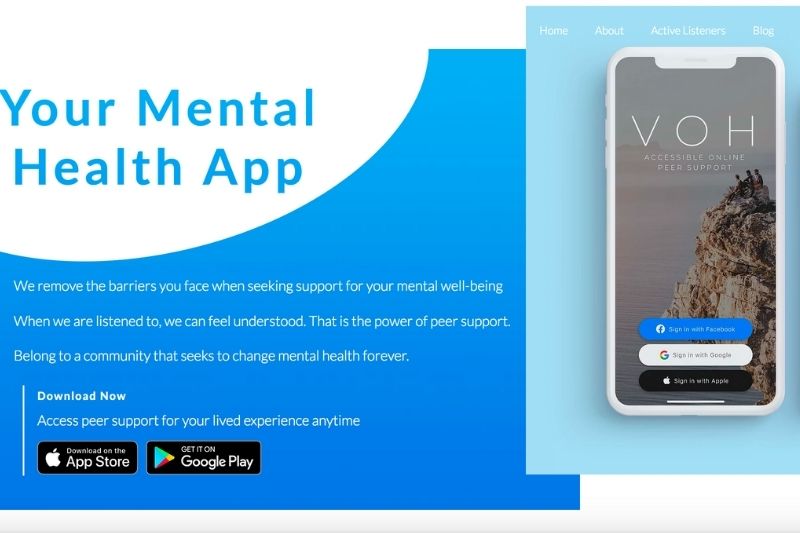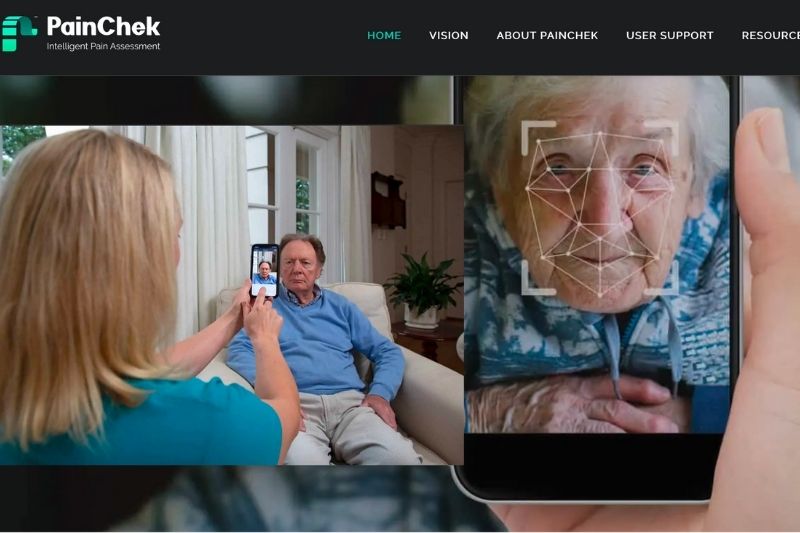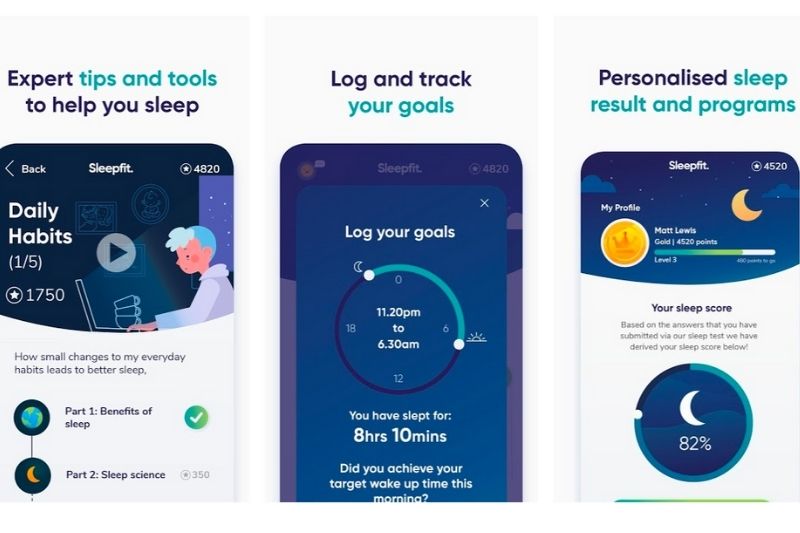The Australian HealthTech startup industry is revolutionizing how we tackle common medical issues. Here is a list of 8 innovative Australian HealthTech startups to look out for.
The Australian HealthTech industry is maintaining steady growth, both domestically and internationally. One positive outcome from the Covid-19 pandemic is that it has been crucial in pushing the advancement of HealthTech, raising the popularity and need for HealthTech startups. Startups have to create innovative ways to provide safe environments and spaces for both patients and health practitioners. From nanoparticle technology to a smartphone app that scans for pain, here is a list of 8 Australian HealthTech companies making your life easier.
1. Gabriel
Every year, approximately 60,000 people die from complications of pressure ulcers, and this includes bedsores. As bedsores are most common with seniors, Australian HealthTech startup Gabriel created multi-modal technology which uses video, audio, timing, and temperature to better monitor and take care of the elderly. Their AI GabrielLifeWatch can detect falls through analyzing potentially dangerous behaviors such as extended showers or lack of movement in bed. LifeWatch is also able to receive and assess feedback to conduct check ins or allow the user to request assistance.
2. Voice of Health
Online peer support app, Voice of Health, is a mental health organisation that provides a safe space where people can express their struggles and feelings anonymously without the fear of being judged. The app includes 24/7 active listeners to support users, and tools and resources to help assist in managing mental health. This is the perfect platform for those who aren’t feeling heard and reminds them that they are never alone in this world.

3. iNEEDaDentist
Following the latest HealthTech trend of telemedicine, iNEEDaDentist is a website designed for patients to seek out and book dental appointments in the comfort of their home. Founded in 2017, iNEEDaDentist is Australia’s only independent dental comparison site. It allows patients to receive consultations online and also compare pricing between dental clinics to see which is best suited for their needs.
4. PainChek
In 2019 the World Health Organization added Alzheimers and Dementia to the top 10 leading causes of death in the world. This is why PainChek developed a smartphone app with Artificial Intelligence (AI) to give a voice to the voiceless. The app scans an individual’s face and assesses their level of pain on a scale. Using this data, the AI system provides a pain score and suggests treatment options to better care for the individual. PainChek is currently being used in home-care settings, elderly homes, and other care facilities in Australia.

5. ICeutica
iCeutica Inc is a privately owned pharmaceutical research company founded in 2011, following the HealthTech nanomedicine trend. iCeutica Inc uses SoluMatrix™ Fine Particle Technology, to develop new pharmaceutical drugs and also research various drug compounds. The goal of SoluMatrix™ is to process and manufacture better pharmaceuticals, minimising side effects for commercial use. With their new technology, iCeutica is working to provide accurate dosage to better address inflammation, oncology, and respiratory diseases.
6. Sleepfit
Healthcare professionals recommend 7 – 8 hours of sleep nightly, but with the constant distractions of today’s society, we often get less than 5 hours. Sleepfit is an app designed to rebuild your sleep schedule, and is integrated with FITBIT to make data entry easier. The app sets sleep goals and tracks your progress, and also contains sleeping-aid tools and resources from experts to help guide you to fall asleep faster. Sleepfit is a great way to challenge and motivate yourself to sleep earlier and get a full night’s rest regularly.

7. Vantari VR
Developed to help train medicine students, university, and hospital staff, Vantari VR was created in 2018 as a tool to help doctors visualise and analyse medical imaging. Designed to be interactive, doctors are able to perform better surgery planning and analysis as Vantari allows them to tackle head on any surgery, CT scan, or MRI imaging. Vantari VR gives doctors viewing perspectives from a variety of angles, and the possibility to test different surgical techniques.
8. WeGuide
Two-year old digital HealthTech startup, WeGuide, launched their remote monitoring and tracking platform to help doctors and patients stay safe during the Covid-19 pandemic. The goal of this platform is to help patients use it as a tool to record their temperature daily and report health symptoms during quarantine. WeGuide also aids doctors in monitoring their patients’ health without direct contact or having to enter a clinic or hospital.

Related Articles





